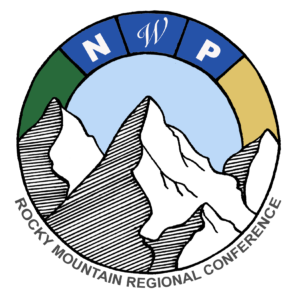Teaching has been described as “the toughest job you’ll ever love,” yet the teacher turnover rate is at an all-time high nationwide. Why is this case? Why do teachers who still love the profession deep down choose to leave? What would help them stay?
 These questions will be explored at the upcoming National Writing Project Rocky Mountain Regional Conference, “Mind, Body, and Soul: Finding Your Path Toward Sustainable Teaching.” Hosted by the Colorado State University Writing Project (CSUWP), the conference will be held on the CSU campus July 12-14. The primary focus of the conference is to help educators nourish mind, body, and soul by giving them space and time for professional renewal and personal restoration in community.
These questions will be explored at the upcoming National Writing Project Rocky Mountain Regional Conference, “Mind, Body, and Soul: Finding Your Path Toward Sustainable Teaching.” Hosted by the Colorado State University Writing Project (CSUWP), the conference will be held on the CSU campus July 12-14. The primary focus of the conference is to help educators nourish mind, body, and soul by giving them space and time for professional renewal and personal restoration in community.
The conference is centered on a theory of change called “sustainable teaching,” based on research conducted over the past two years by Colorado teachers in collaboration with Cindy O’Donnell-Allen, professor in the Department of English and director of CSUWP. They define sustainable teaching as the process of fostering self-compassion and renewal in educators who support the growth and development of students in turn. Sustainable teaching puts teachers first with the goal of creating a collaborative community that values a balanced approach to education and enables all participants to thrive.
In addition to sessions exploring mindfulness and resiliency practices designed to allow educators to integrate their personal and professional lives, the conference will feature keynote speaker Marcelle Haddix, a professor at Syracuse University. Haddix is a nationally recognized literacy scholar, award-winning author, and founder of ZenGYoga, a program that brings yoga, mindfulness-based classes, and healthy living and eating practices to underrepresented groups and community-based organizations. Grounded in her research in Black literacies, Haddix will challenge conference participants to expand self-care work beyond predominantly white, middle-class spaces.
By learning skills and practices to critique – and then change – educational systems that thwart their well-being, conference participants will explore how to create and cultivate sustainable teaching environments where they and their students can thrive.